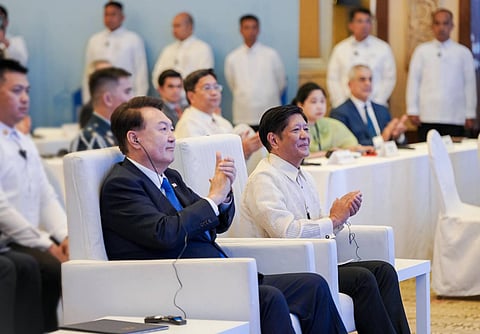

Former South Korean President Yoon Suk Yeol was formally indicted on Monday by a special prosecutor on charges of aiding an enemy state and abuse of power in connection with his alleged attempt to impose martial law and seize control of the government in December 2024.
According to the indictment, prosecutors allege that Yoon ordered unauthorized military operations intended to provoke a response from North Korea. In particular, Yoon is accused of ordering drone flights over Pyongyang in October 2024 without approval from the National Assembly or the Joint Chiefs of Staff, in what investigators believe was an attempt to create a national security crisis as justification for declaring martial law.
The prosecution contends that these unauthorized operations handed Pyongyang a propaganda victory by allowing North Korea to portray South Korea as the aggressor. The charges also cite evidence obtained from the phone of former Defense Counterintelligence Command Chief Yeo In-hyung, which contained notes referencing “drone incursions,” “surgical strikes,” and plans to “create an unstable situation or seize an arising opportunity.” Witness testimony reportedly confirms that Yoon personally ordered and oversaw the operation while bypassing official military channels.
Yeo In-hyung and former Defense Minister Kim Yong-hyun were also charged in connection with the alleged plot. Prosecutors say their cooperation with Yoon helped facilitate the planned drone incursions and the preparation of military contingencies.
South Korean media have previously reported that, in the weeks leading up to the martial law declaration, the military had even procured fake North Korean military uniforms, apparently as part of a scheme to stage provocations.
Despite the failure to provoke an armed confrontation, Yoon went ahead on December 3rd with declaring martial law and attempting to dissolve all political parties. However, lawmakers were able to convene despite military interference and vote to nullify the decree. The move led to Yoon’s impeachment and eventual arrest, marking one of the most serious political crises in South Korea’s recent history.